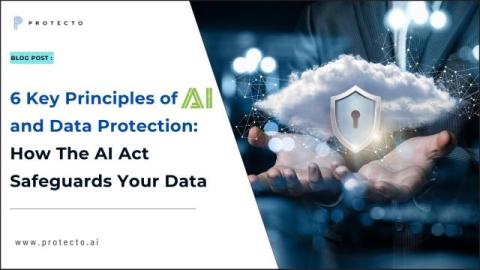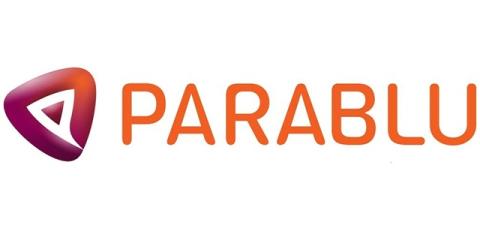Complete your Kubernetes security with runtime protection
Kubernetes today is the de facto standard for container orchestration, deployment automation, scaling, and management of containerized apps. The robustness and scalability of this open-source platform make it a valuable tool for businesses leveraging cloud-native technologies and DevOps practices. However, as with any technology that handles sensitive data and crucial operations, the importance of security in Kubernetes environments can’t be overstated.










